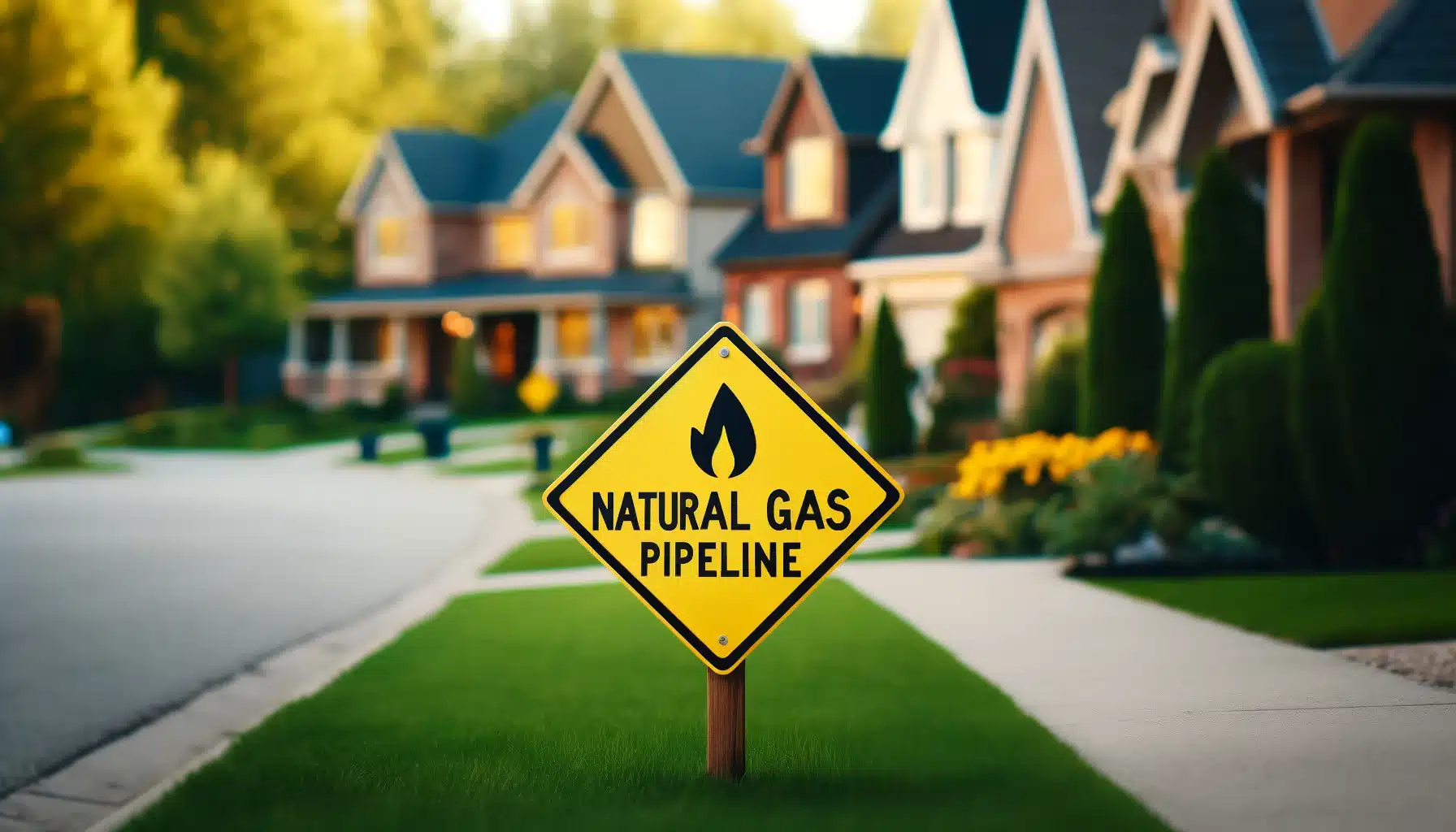
In a world where energy consumption is on the rise and the need for sustainable energy solutions is becoming increasingly urgent, the construction of pipelines plays a crucial role in shaping the future of energy. Pipelines are essential for transporting oil, natural gas, and other energy resources from production sites to distribution centers, refineries, and end consumers. However, the construction of pipelines also raises environmental, social, and economic concerns that must be carefully considered and addressed.
The Importance of Pipeline Construction
Before we delve into the impact of pipeline construction, it is important to understand why pipelines are so essential to the energy sector:
- Efficient Transportation: Pipelines are the most cost-effective and efficient mode of transporting large quantities of oil and natural gas over long distances.
- Reliable Supply: Pipelines help ensure a reliable supply of energy resources to meet the demands of consumers and industries.
- Safety and Security: Pipelines are designed with advanced technology to minimize the risk of leaks, spills, and other environmental hazards.
Types of Pipelines
There are several types of pipelines used in the energy industry, each serving a different purpose:
- Gathering Pipelines: These pipelines transport raw oil or gas from production wells to processing facilities.
- Transmission Pipelines: These pipelines carry processed oil and gas over long distances to distribution points.
- Distribution Pipelines: These pipelines deliver energy resources to homes, businesses, and other end users.
Environmental Impact of Pipeline Construction
While pipelines are vital for the efficient transportation of energy resources, the construction and operation of pipelines can have significant environmental consequences:
- Deforestation and Habitat Destruction: Clearing land for pipeline construction can lead to deforestation and disruption of wildlife habitats.
- Water Pollution: Pipeline leaks and spills can contaminate nearby water sources, posing a threat to aquatic ecosystems and human health.
- Greenhouse Gas Emissions: The production and transportation of fossil fuels through pipelines contribute to greenhouse gas emissions and climate change.
Mitigating Environmental Impact
To minimize the environmental impact of pipeline construction, industry stakeholders can take the following measures:
- Environmental Impact Assessments: Conduct thorough assessments to identify potential environmental risks and develop mitigation strategies.
- Advanced Technology: Implement advanced monitoring and leak detection systems to prevent and quickly respond to incidents.
- Compliance with Regulations: Adhere to environmental regulations and standards to ensure that pipeline construction meets legal requirements.
Social and Economic Implications
In addition to environmental concerns, pipeline construction also has social and economic implications that must be taken into account:
- Land Rights and Indigenous Communities: Pipeline construction can infringe on the land rights of indigenous communities and lead to conflicts over land use.
- Job Creation and Economic Development: Pipeline projects create jobs and stimulate economic growth in regions where they are built.
- Public Safety and Health: Pipelines can pose safety risks to nearby communities, raising concerns about emergency response preparedness and public health.
Community Engagement
Effective community engagement is essential to addressing social and economic concerns associated with pipeline construction:
- Consultation and Consent: Consult with local communities and stakeholders to gain their input and obtain consent for pipeline projects.
- Job Training and Opportunities: Provide training and job opportunities for local residents to participate in pipeline construction and maintenance.
- Emergency Response Planning: Work with communities to develop emergency response plans and ensure the safety of residents living near pipelines.
Conclusion
As the world transitions towards a more sustainable and diversified energy mix, the role of pipelines in meeting the growing demand for energy cannot be understated. While pipeline construction is essential for ensuring a reliable supply of energy resources, it is crucial to understand and address the environmental, social, and economic impacts associated with it. By adopting best practices in pipeline construction, promoting transparency and stakeholder engagement, and prioritizing environmental stewardship, the energy industry can pave the way for a more sustainable future.
